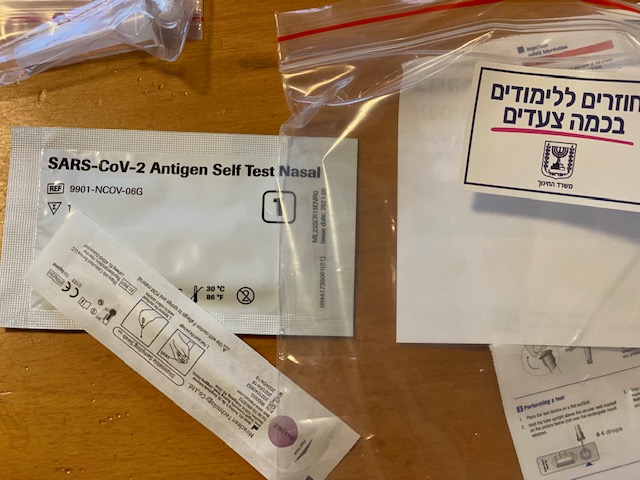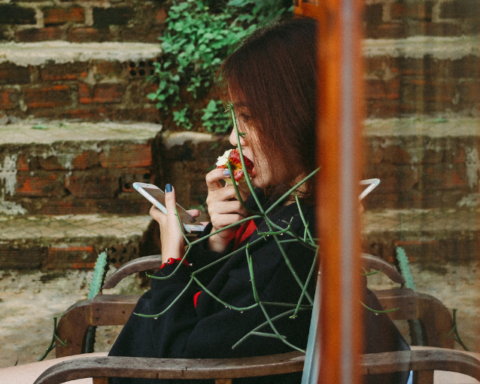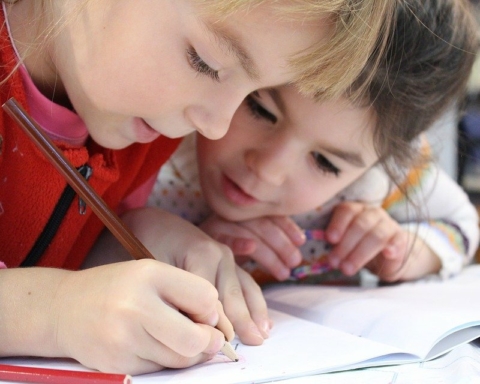Schools across the country opened yesterday despite disorder and confusion around new routine procedures and restrictions. Prime Minister Bennett and a back-to-school committee met only 48 hours before opening to discuss many unresolved issues, which include administering antibody tests for students, the teachers union, and participation of unvaccinated students.

With over 10,000 active COVID-19 cases in Israel, at least 250,000 students were not able to return to school. About 35,000 have COVID, about 120,000 are in isolation, and the rest live in red cities. The 1.9 million students between the ages of 3-16, and their parents, were forced to take a rapid antibody test at least 24 hours before the first day of school, or their entry will be denied. In addition, the Education Ministry is gathering the names of unvaccinated teachers in preparation for the need to substitute. Teachers will either need to vaccinate or pay out of pocket for virus tests every 2-3 days, and are being threatened to be placed on unpaid leave.
Despite the tightening threats, school districts have not received enough testing materials to administer tests to all the students. While the Tel Aviv district received two-thirds of the tests, some districts received none. With such little time, organization, and logic, another school year has begun scattered and without centered leadership.
In opposition to the strict testing and restrictions being enforced, parents who don’t believe in vaccinations are considering setting up alternative schools for their children. Many parents believe that the government is using the children to “wear down the parents and get them to do a vaccine…putting pressure on the parents so they’ll get fed up with the quarantines…many are already unhappy with the situation in the school system but the ministry’s outline gave the final push…” one parent says.
“Before the coronavirus, we could say that this is just how it is and we’ll live with it, but now that they’re dictating to parents to test their children or put them in quarantine for two weeks and let them suffer from the social consequences, parents have decided they’re not going to take it anymore and they’re going to create something new. Parents will decide how to educate their children.”
To date, about 41% of students aged 12-15 have received the first dose of the vaccine, and 79% of students aged 16-19.







